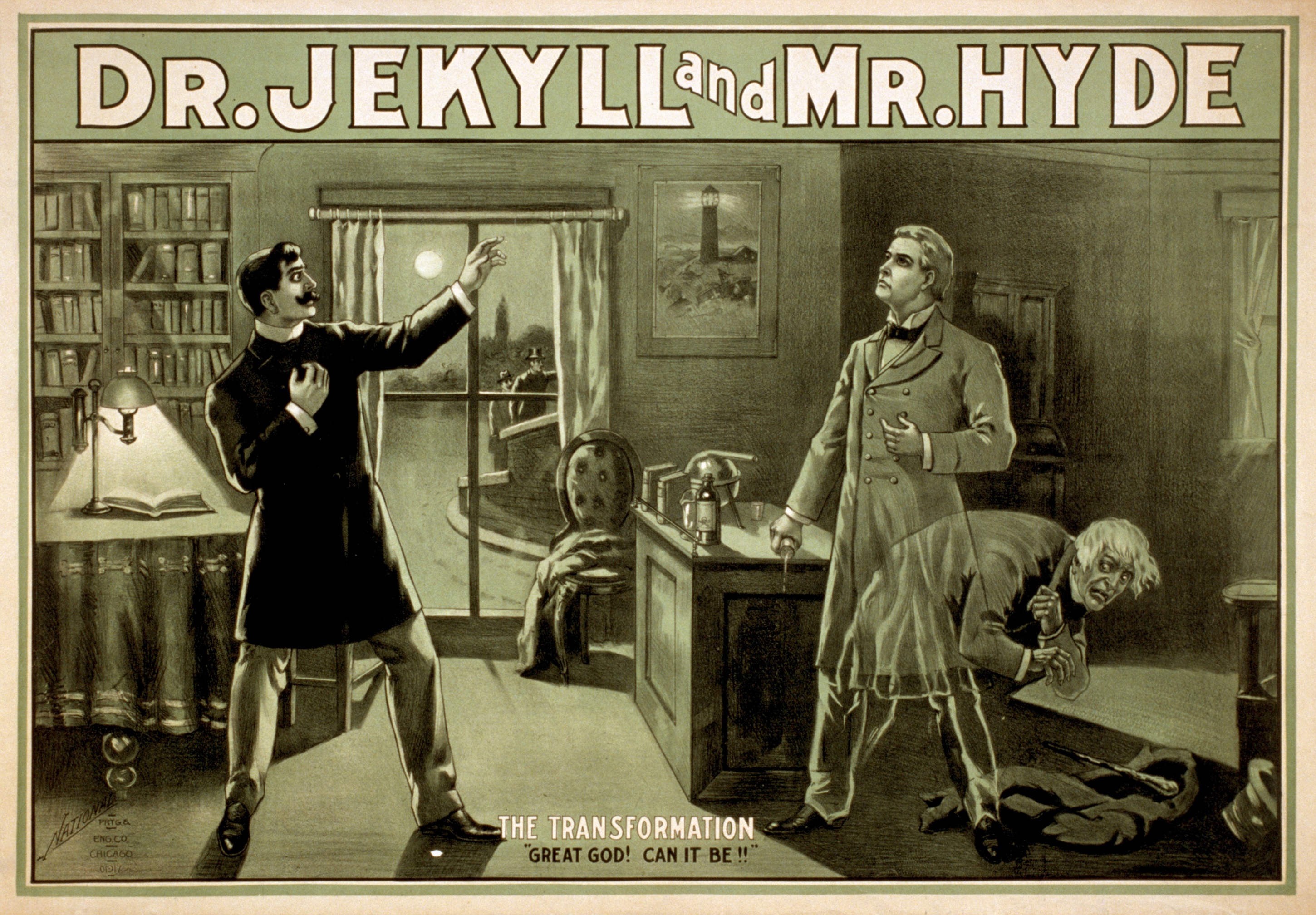Kerby Anderson
Theologian Keith Mathison recently decided to delete his Facebook account. Years ago, he deleted his Twitter account. While there is nothing unusual about what he did, I appreciated his blog post that provided a thoughtful explanation for why he did.
He talked about a phenomenon he called a “Jekyll & Hyde Effect” and then apologized if someone else already coined this term for this phenomenon. He said he hadn’t seen it used anywhere else. But he also acknowledged that he doesn’t get out much. No doubt you know what he is talking about.
He explained, “You see people writing things in Tweets and Facebook posts, and in comments about such posts, that they would never say to the face of another living human being.” If I wrote that line, I would change it to “rarely say to the face of another living human being.” He needs to come to a college campus with me. You won’t believe what some students and professors will say to your face.
He also concluded that at the very least these social media platforms lower people’s inhibitions. That’s an understatement. Also, the “false sense of anonymity” provides “the false impression of privacy.” These platforms also thrive on “instantaneous feedback” which means people write something and post things without giving much thought. Even President Trump acknowledged this in a recent interview.
Keith Mathison also pointed to the reality that Twitter and Facebook tempt even Christians to speak in a different way, in the world’s way. Also, the platforms seem to encourage “sinful gossip by forwarding and sharing unconfirmed and unverified stories.”
You may not decide to delete your social media accounts. But his wise words should at the very least guide you when you write or react on social media.
 Listen Online
Listen Online Watch Online
Watch Online Find a Station in Your Area
Find a Station in Your Area









 Listen Now
Listen Now Watch Online
Watch Online
